Send us a Message
- Destinations
- Tours
- By Destinations
- By Themes
- Suggested Combination
- Duration
- About Us
- Reviews
Hanoi is arguably Asia's most charming capital city. Hanoi, meaning – where the river bends, sits on the Red River Delta, which has sustained the city's prosperity for over a thousand years. Unlike other cities in Vietnam and the region, Hanoi has managed to modernize with some grace, retaining its old-world charm.
While you could easily spend days just exploring Hanoi and its many landmarks, the city will also serve as a launch pad from which to explore much of Vietnam's enchanting northern region.
Sample the street food
For an authentic taste of Hanoi, look to the street kitchens of the Old Quarter. Steaming pots of its star anise-infused Phở broth simmer on every corner; while every day, the scent of bún chả fills the air as barbecued pork sizzles over hot coals.
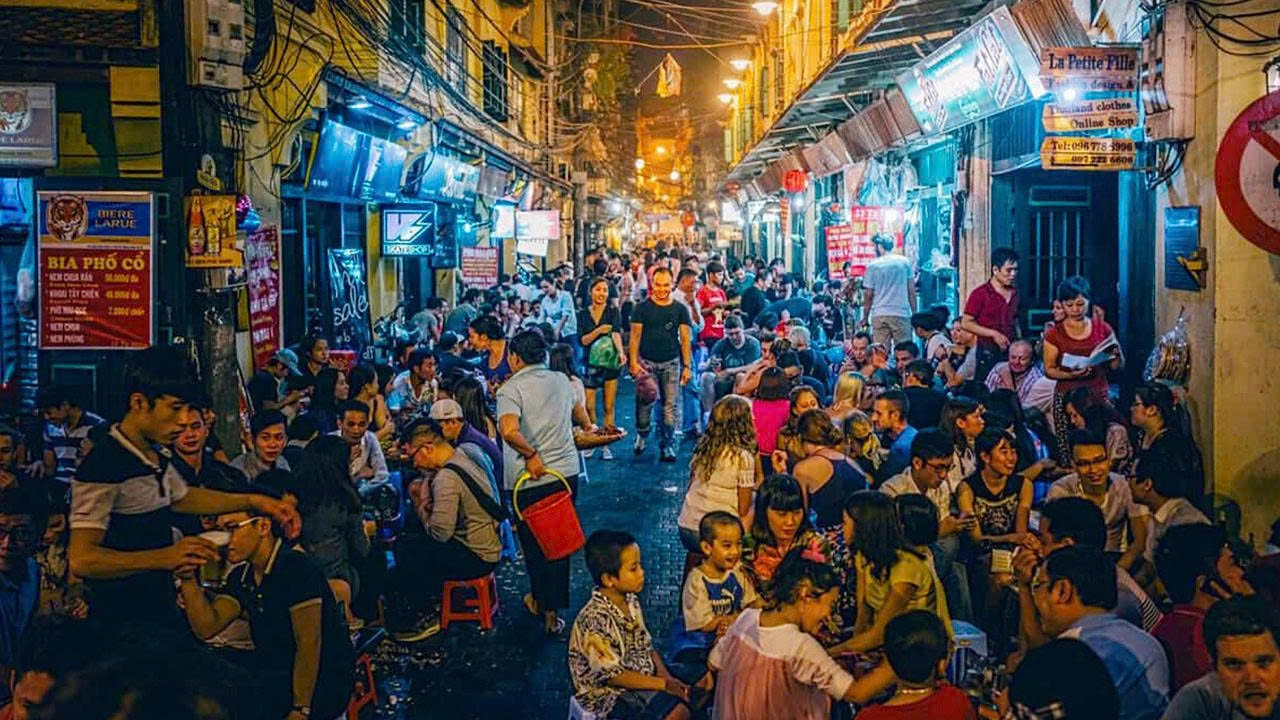
Stroll the Old Quater
Hanoi’s Old Quarter serves up a sensory overload. Wisps of incense drift out onto streets from ancient temples, while the clang of blacksmiths’ hammers mingles with the mobile fruit sellers’ calls. Jump in a cyclo and tour this intoxicating maze.
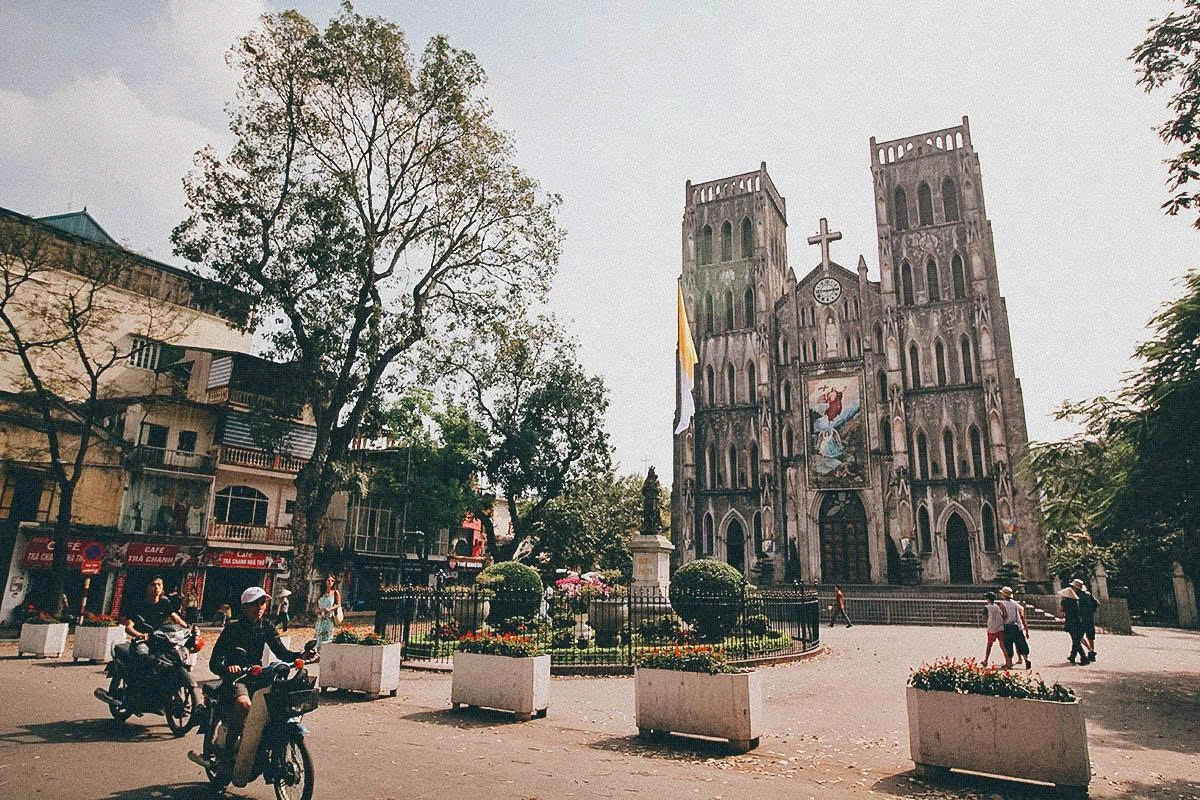
Explore Hanoi’s cafe culture
Hanoi’s Old Quarter serves up a sensory overload. Wisps of incense drift out onto streets from ancient temples, while the clang of blacksmiths’ hammers mingles with the mobile fruit sellers’ calls. Jump on a cyclo and tour this intoxicating maze.
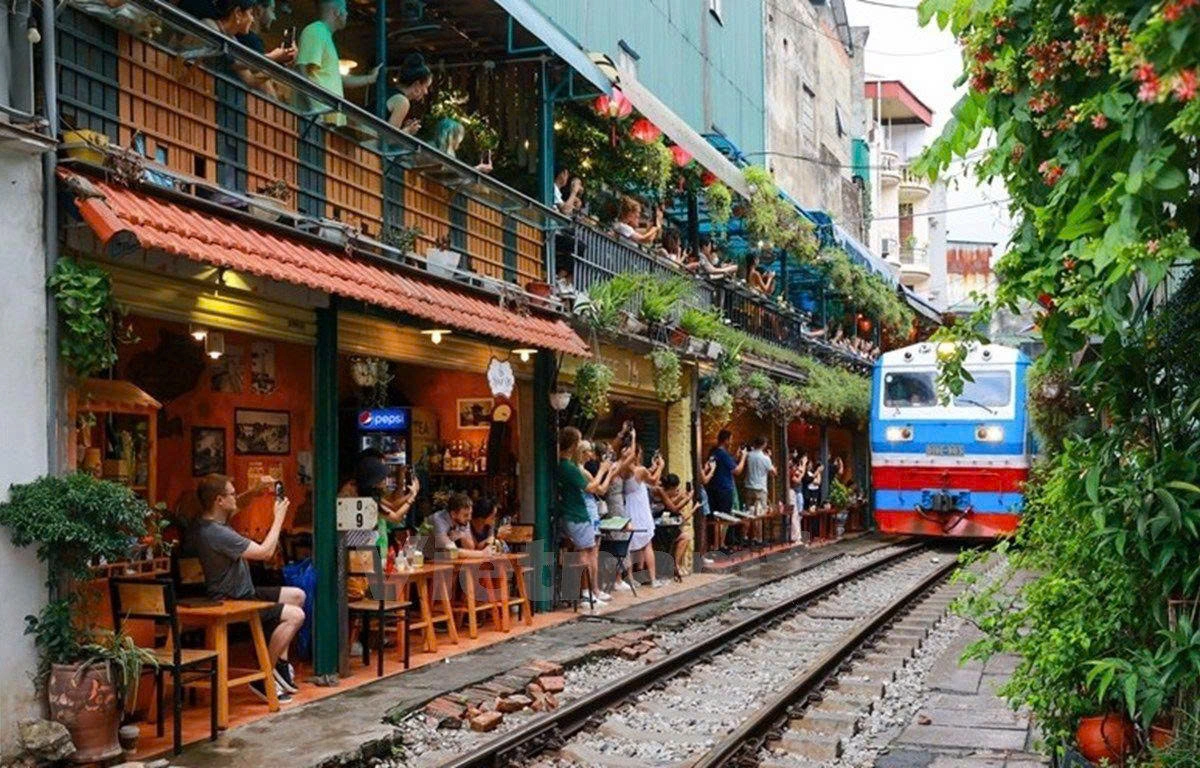
Visit the Ho Chi Minh Mausoleum
Pay homage to Vietnam’s founding father at the solemn Ho Chi Minh Mausoleum. The imposing structure stands proudly in Ba Dinh Square, where Ho declared Vietnam’s independence. Wander the surrounding gardens and visit the nearby Presidential Palace and One Pillar Pagoda.
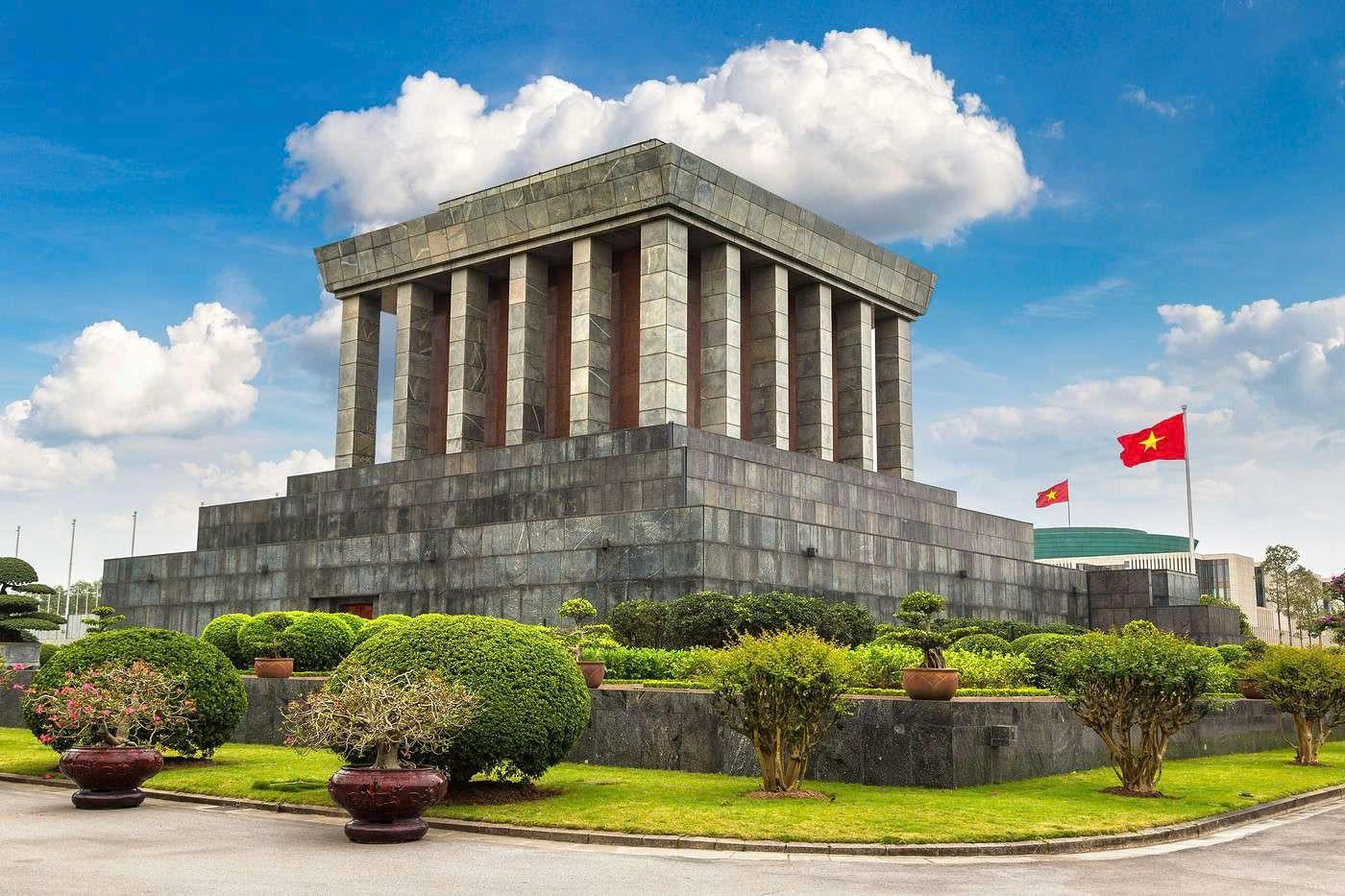
Wander around Hoan Kiem Lake
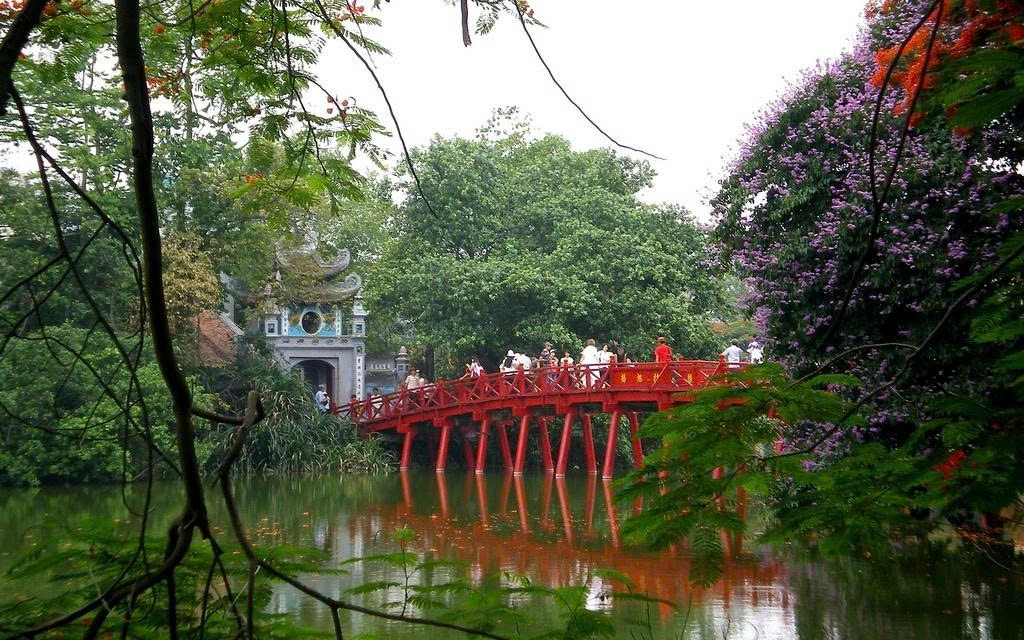
This tranquil lake is the heart of Hanoi, especially magical in the early morning when locals practice tai chi on its banks. Cross the scarlet Huc Bridge to Ngoc Son Temple, steeped in legend. Come at night to see the bridge and surrounding trees illuminated in soft, romantic light.
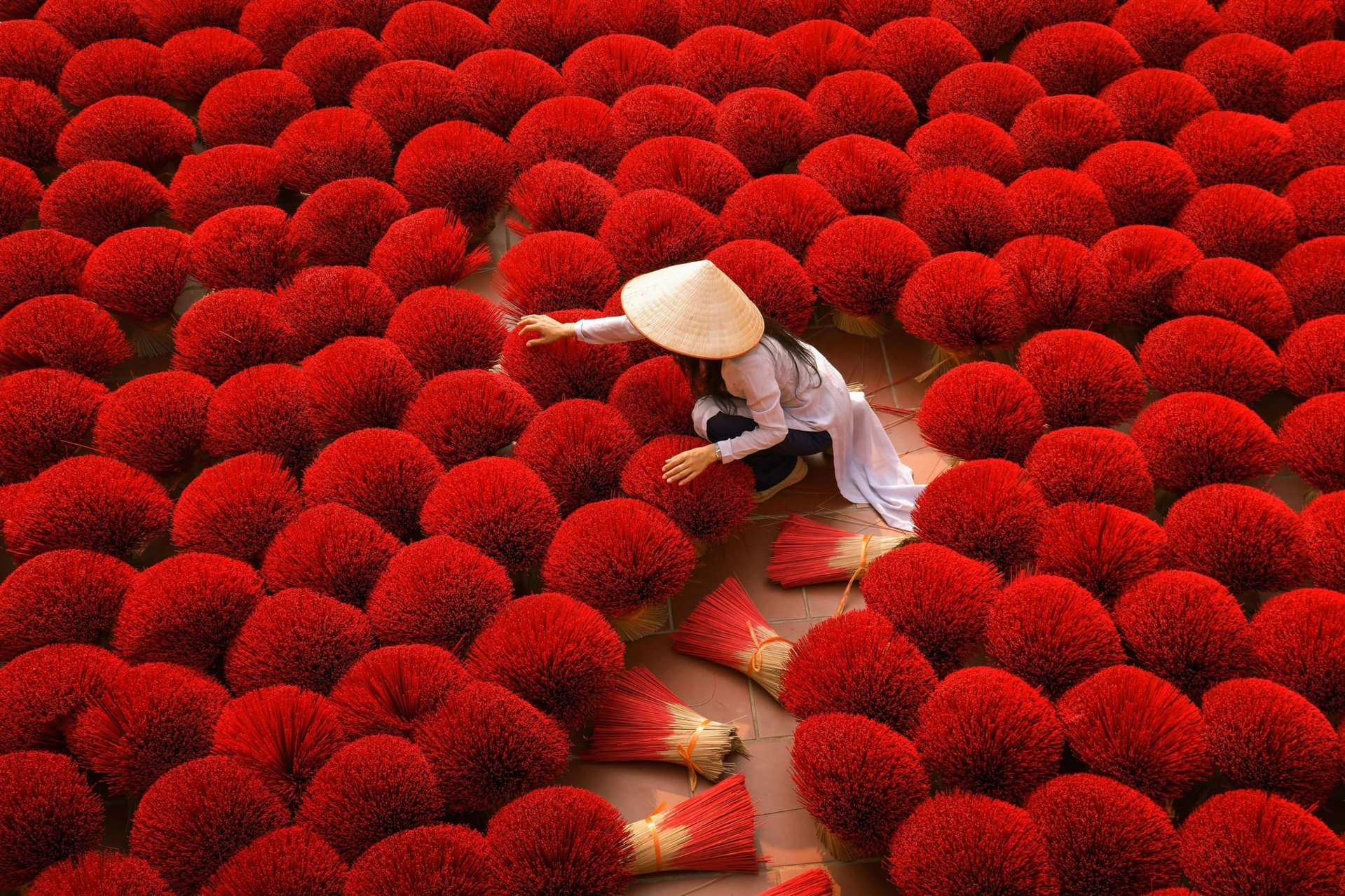
Vietnam is a country full of history, culture, and natural beauty, offering unforgettable experiences for every type of traveler. From bustling cities and ancient temples to serene countryside and pristine beaches, there is something for everyone. With careful planning, attention to local customs, and consideration for dietary or religious needs, Israeli travelers can enjoy a safe, enriching, and memorable journey.
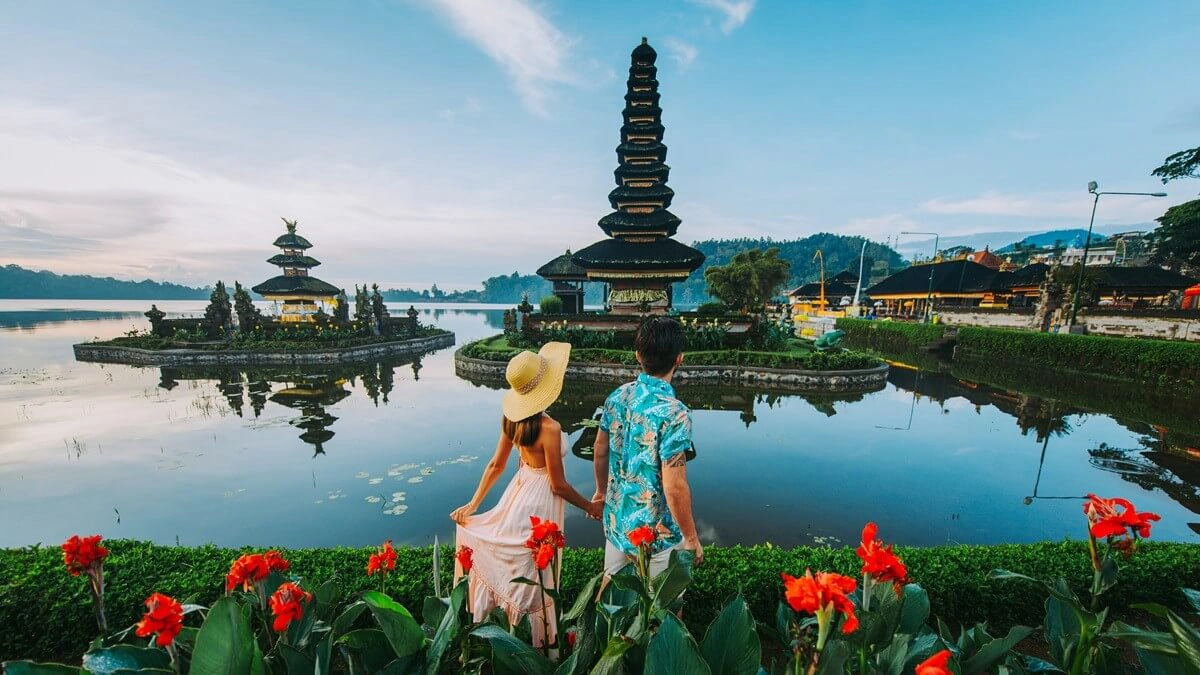
To enter Bali, travelers need a passport valid for 6 months; many nationalities get 30 days visa-free, while longer stays require a Visa on Arrival or e-visa. The island has a tropical climate with a dry season (Apr–Oct) ideal for beaches and festivals, and a wet season (Nov–Mar) with lush green landscapes. Cash in Indonesian Rupiah is essential for small expenses, though cards are accepted in larger venues, and transport mainly relies on taxis, ride-hailing apps, scooters, or private drivers. Visitors should respect local customs—dress modestly at temples, remove shoes in sacred spaces, and use the right hand when giving or receiving items.
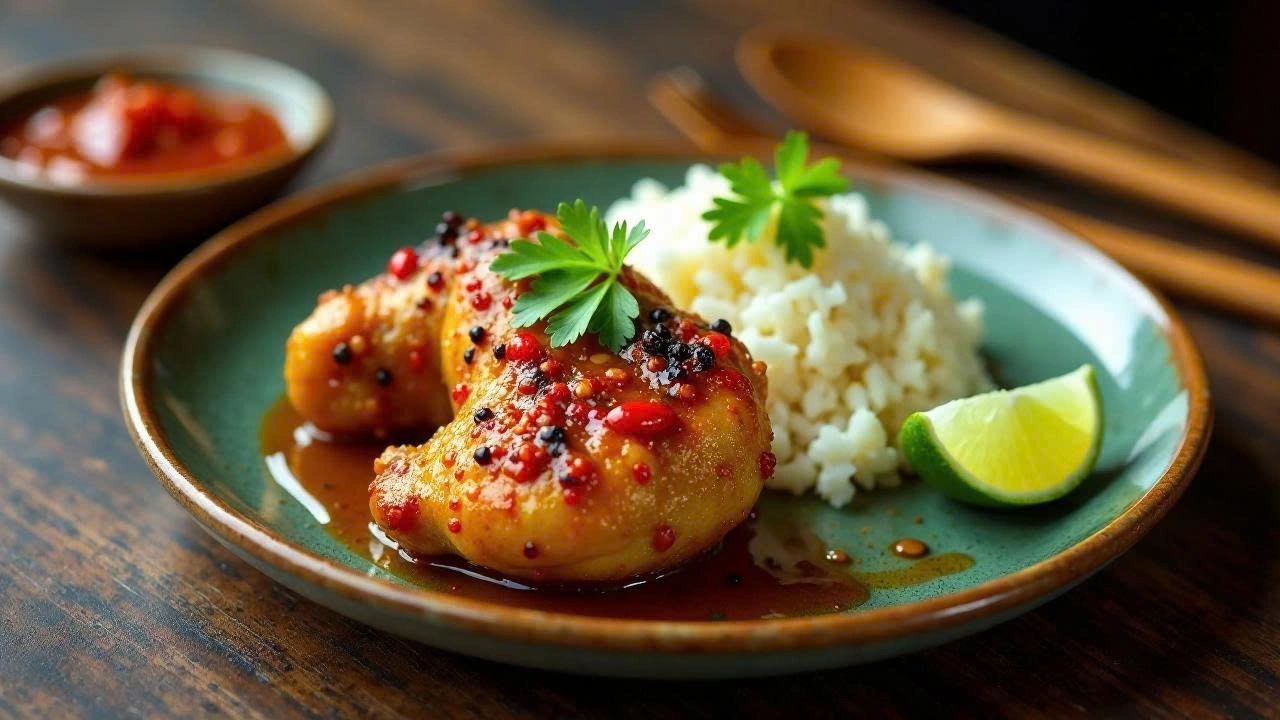
Balinese cuisine is a vibrant reflection of the island’s culture, shaped by its Hindu heritage, fertile volcanic soils, and abundant spices. Meals are a harmonious balance of flavors spicy, savory, sweet, and aromatic—brought together through fresh herbs, coconut, peanuts, and chili-based spice pastes known as bumbu. Rice is the centerpiece of most meals, complemented by grilled meats, seafood, and an array of vegetable dishes. Many recipes are deeply rooted in ceremonial traditions, often served during temple festivals and family gatherings, making Balinese food not only a culinary delight but also a cultural journey.
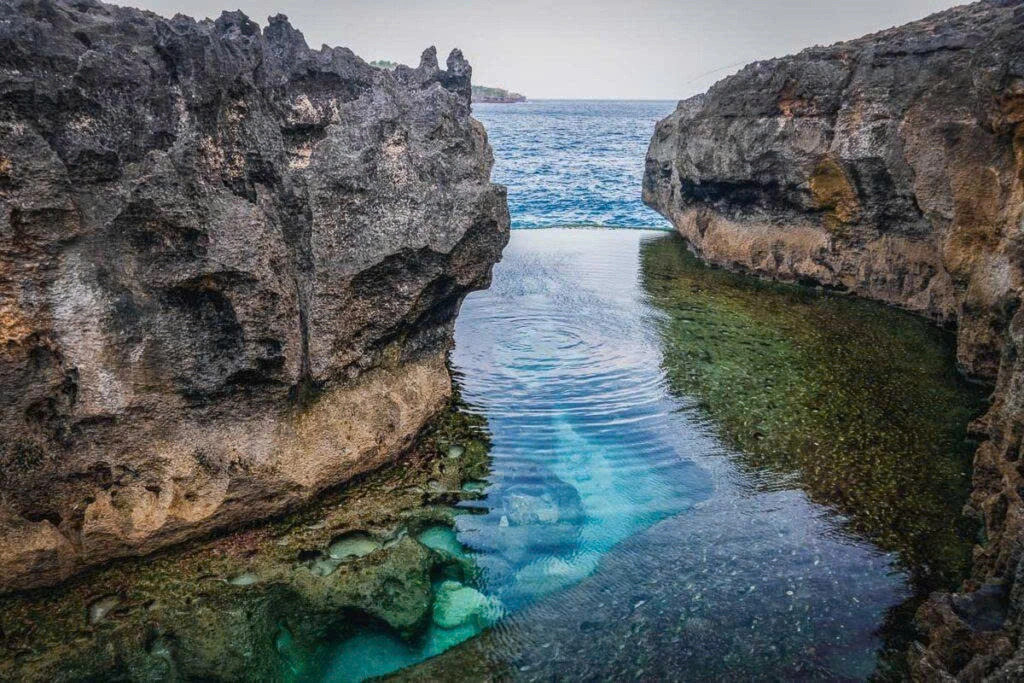
Nusa Penida is a stunning island off Bali’s southeast coast, famed for its rugged cliffs, crystal-clear waters, and dramatic landscapes. Highlights include Kelingking Beach with its dinosaur-shaped headland, Angel’s Billabong, and Broken Beach. Popular for snorkeling and diving, the island offers encounters with manta rays and vibrant coral reefs, making it a paradise for adventure and nature lovers.
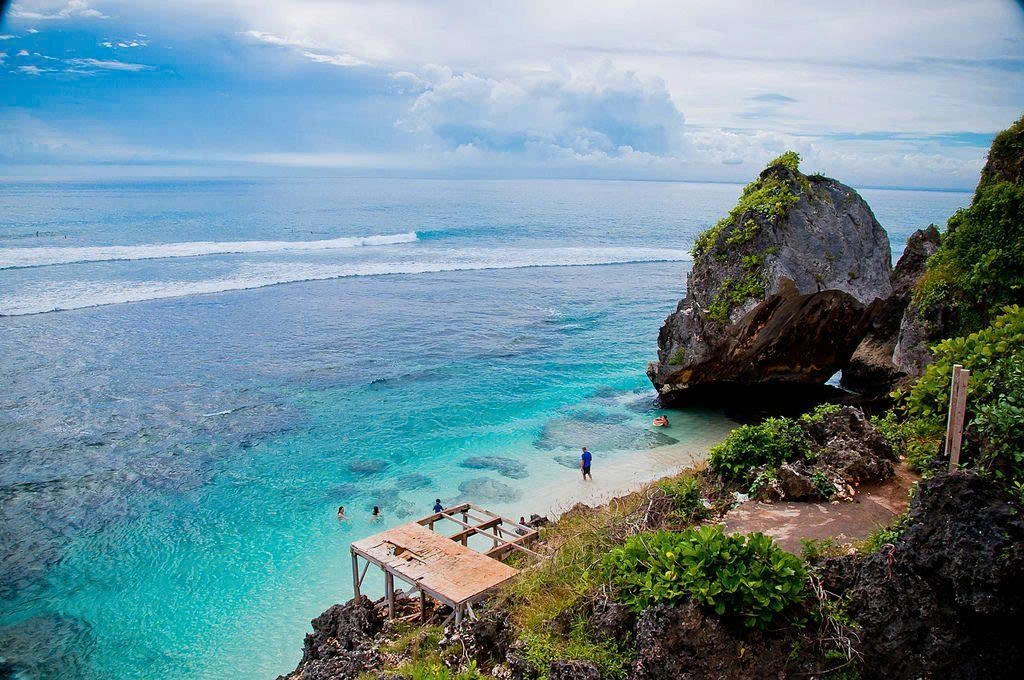
Uluwatu is renowned for its dramatic sea cliffs, world-class surf breaks, and breathtaking ocean views. At its heart lies the iconic Uluwatu Temple, perched high above the waves and famous for sunset Kecak dance performances. With luxury resorts, hidden beaches, and a relaxed coastal vibe, Uluwatu is a perfect blend of culture, adventure, and natural beauty.
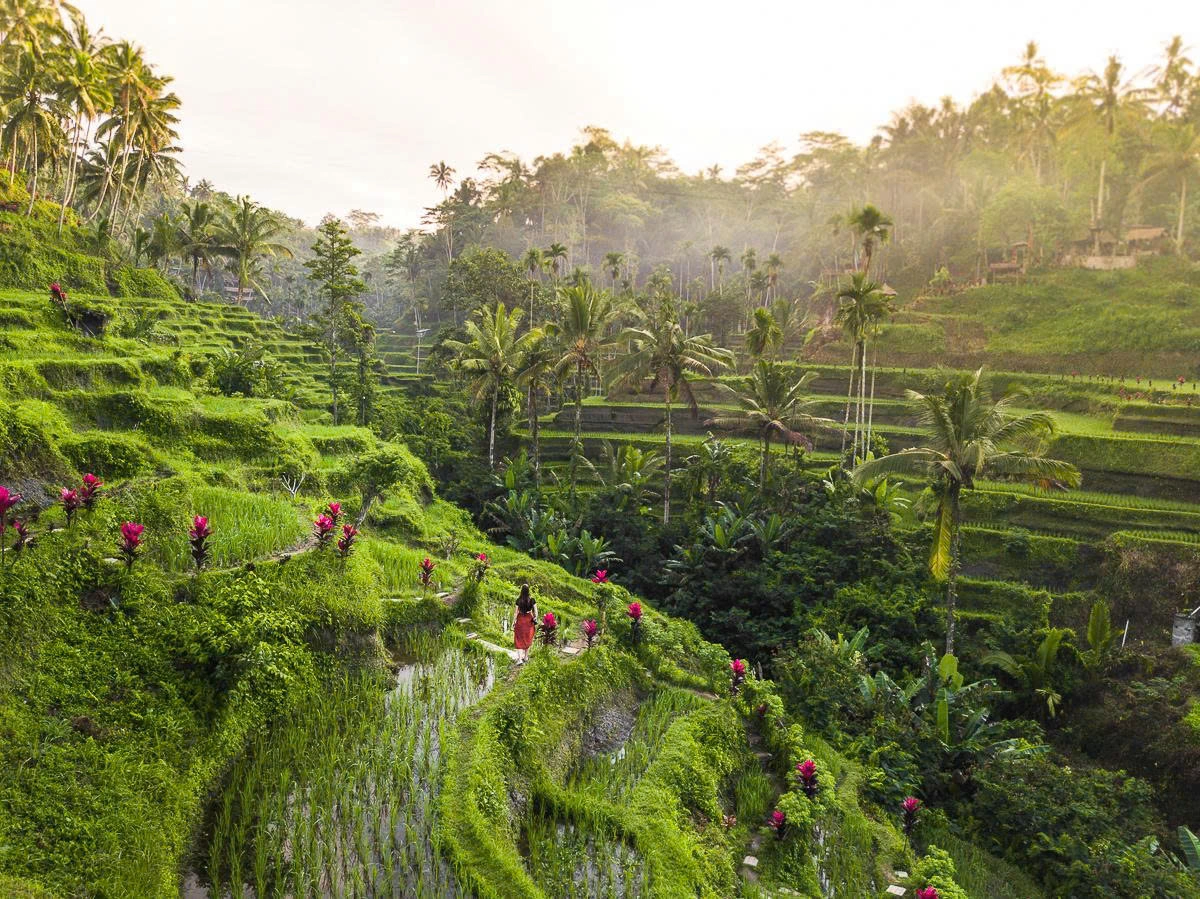
Ubud is the cultural and spiritual heart of Bali, surrounded by rice terraces, lush forests, and traditional villages. Known for its art, dance, and handicrafts, it’s also a hub for yoga, wellness, and spiritual retreats. With its temples, galleries, and serene landscapes, Ubud offers a deeper connection to Balinese heritage and nature.
Preparing for your upcoming trip to Asia?
Let us know what we can arrange for you!